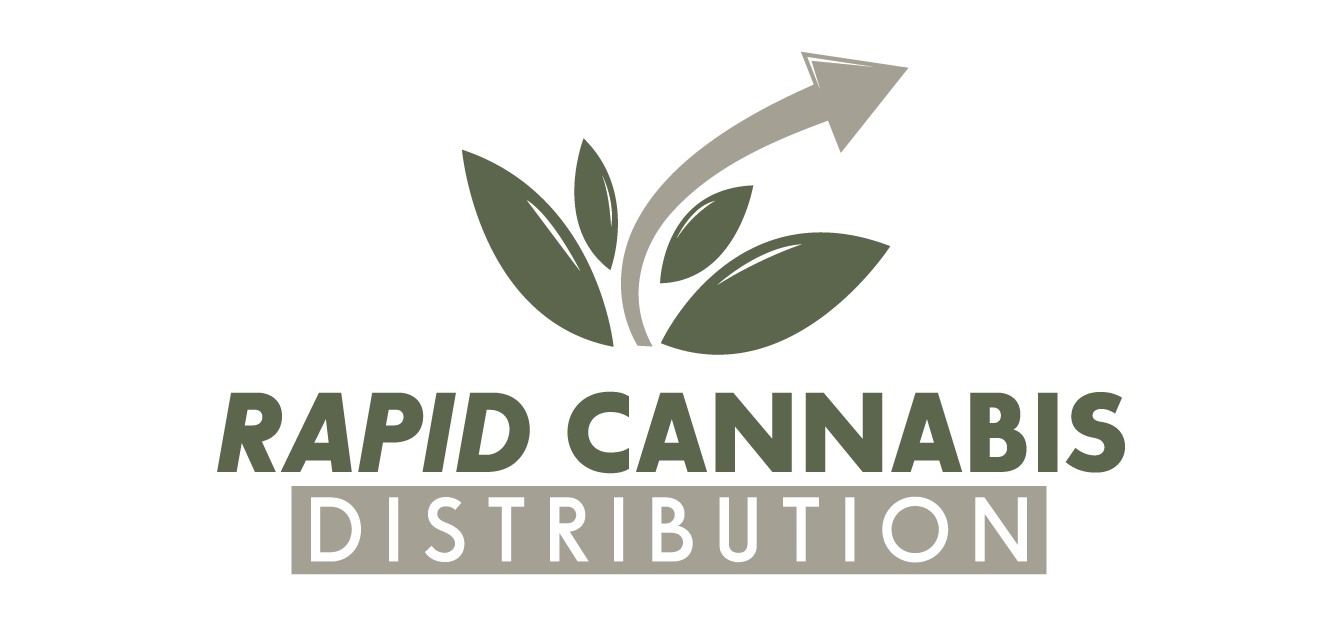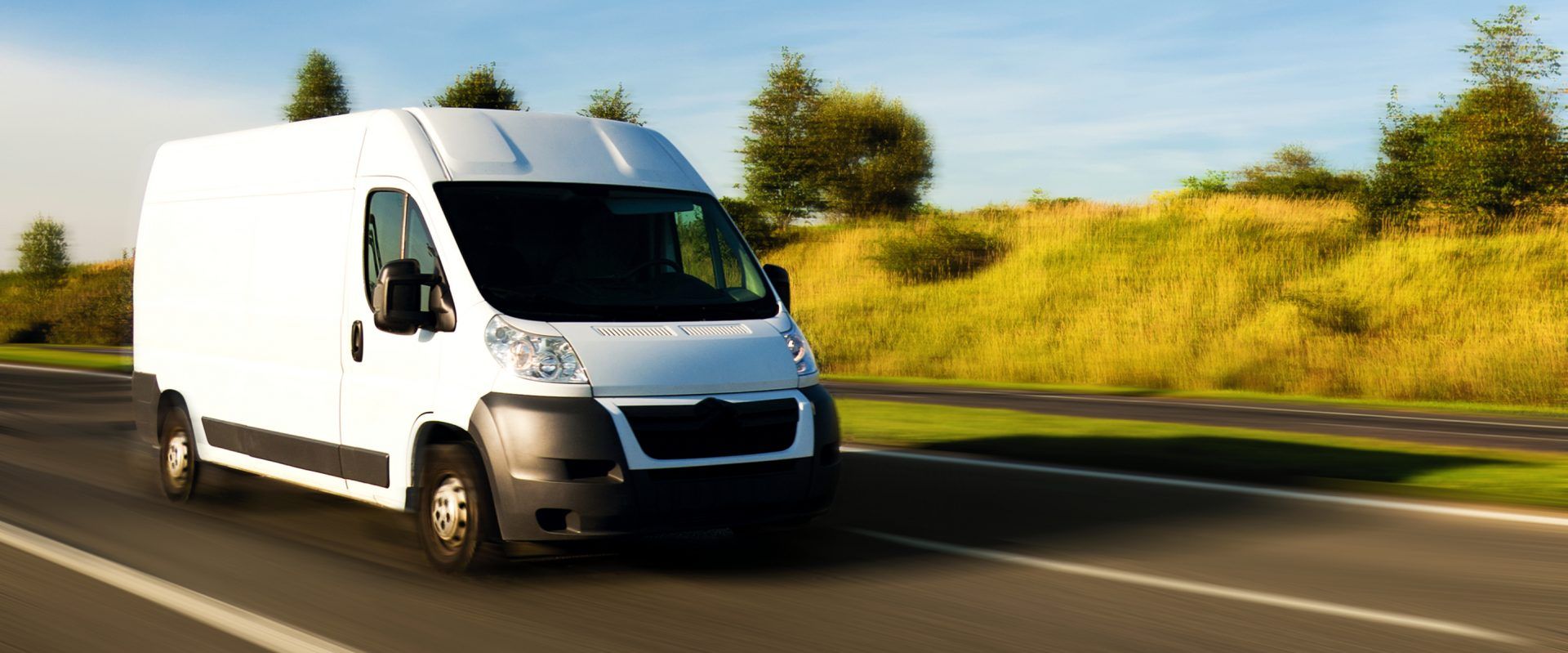The cannabis supply chain has undergone a digital transformation, with several key stages becoming increasingly automated. These advancements are driven by a need for efficiency, compliance, and scalability within a highly regulated industry.
Cultivation & Harvesting
Automation begins at the farm. Modern cannabis cultivation employs IoT sensors and AI platforms to monitor temperature, humidity, soil moisture, and plant health. Robotic trimmers automate labor-intensive post-harvest tasks, processing large volumes of cannabis more quickly and consistently than manual labor. These systems enhance yields, reduce waste, and standardize quality.
Packaging & Labeling
After harvesting, cannabis is packaged using automated lines that handle weighing, filling, capping, labeling, and sealing. Companies like Paxiom offer scalable solutions that decrease labor needs while ensuring compliance with precise dosing and labeling laws.
Inventory Management & Order Processing
Seed-to-sale tracking systems, intertwined with POS platforms (e.g., Canix, MJ Freeway, Flowhub, Distru), automate inventory checks, order fulfillment, and compliance reporting. These tools synchronize with regulatory databases like METRC, reducing manual entry and audit errors. They also trigger reorder alerts and update inventories in real time, minimizing out-of-stocks.
Demand Forecasting & Analytics
AI/ML tools analyze sales history, seasonal trends, and regulatory changes to predict demand and optimize stock levels. Dispensary software often includes predictive analytics and CRM features to guide targeted marketing and inventory decisions.
Delivery & Logistics
Automated logistics systems coordinate delivery routes, driver tracking, age verification, and compliance manifests. Emerging technologies like drones are being tested for secure, fast last-mile delivery, especially in remote areas. These systems reduce costs while enhancing customer satisfaction.
Blockchain Traceability
Blockchain provides immutable, transparent records of every product transfer, from cultivation through sale. This fosters consumer trust, secures IP rights, and supports regulatory compliance. When paired with IoT, blockchain can form a powerful, automated traceability solution.
Will Other Areas Become Automated?
Yes. Moving forward, deeper automation is expected in:
- Digital Twin & Digital Compliance: Sophisticated digital twins and blockchain integrations will simulate operations and flag regulatory risks within the supply chain.
- Genetic Agriculture & AI Breeding: AI-driven breeding platforms are already analyzing genetic and phenotypic data to produce strains with optimized traits.
- Fully Autonomous Robotics: Advances will bring entirely automated cultivation environments—autonomous planting, nutrient delivery, weeding, environmental adjustments, and hazard mitigation via disease-detecting computer vision.
- Integrated ERP Systems: Full ERP integration will tie HR, finance, procurement, and logistics into one automated workflow, with real-time dashboards and compliance built-in.
- Autonomous Delivery Fleets: Beyond drones, self-driving vehicles may soon handle cannabis transport, reducing reliance on human couriers and cutting costs.
In Review
Automation is reshaping cannabis distribution. From cultivation to sale, each segment is becoming smarter, faster, and more compliant. As AI, robotics, blockchain, and IoT technologies mature, the industry is moving toward end-to-end automated systems—ushering in an era of efficiency, consistency, and regulatory certainty.
Read More: Digital Payment Solutions Energizing Cannabis Supply Chains

